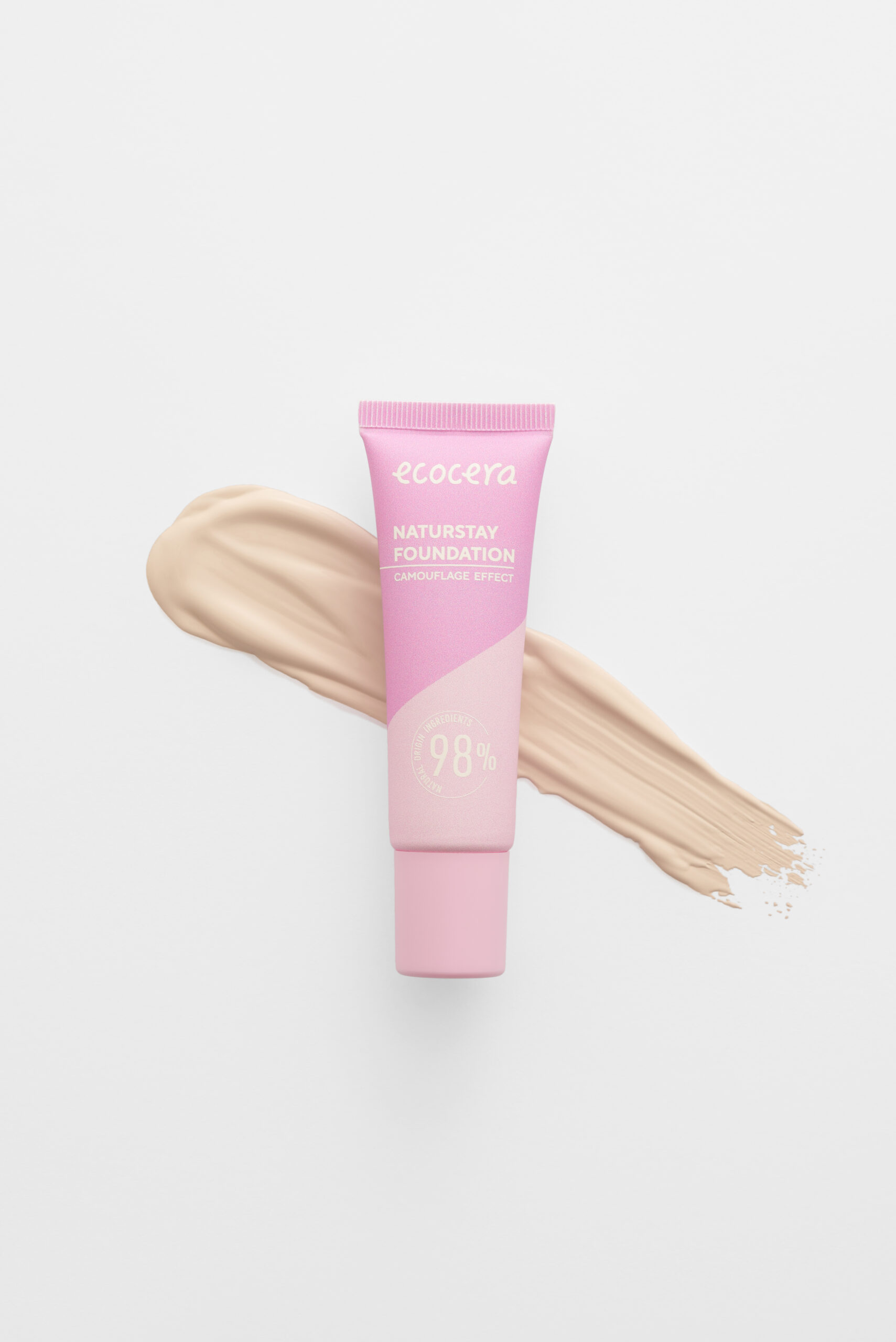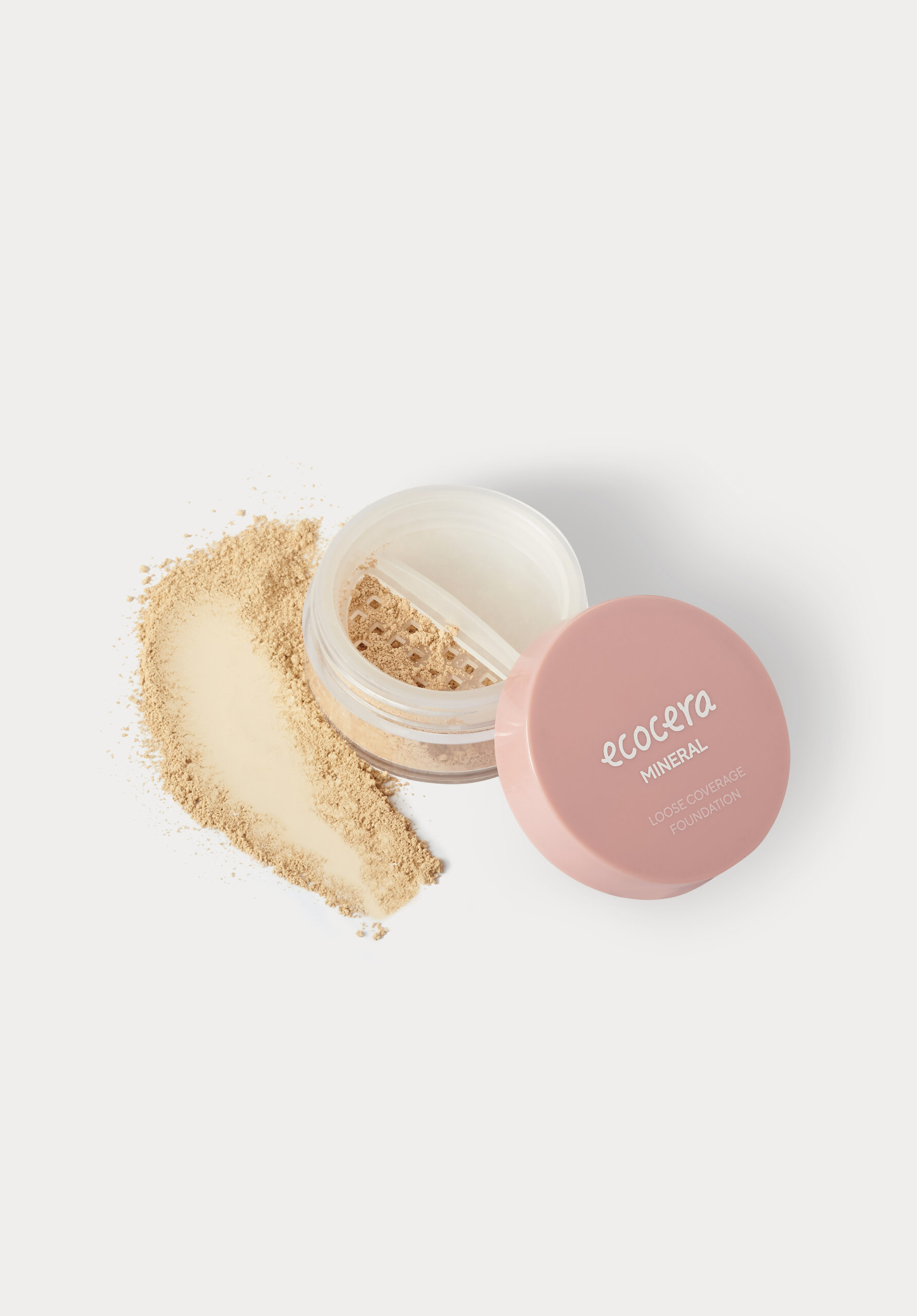 04 stycznia 2024
04 stycznia 2024
ECOCERA PODKŁAD NATURSTAY CAMOUFLAGE EFFECT – satynowe wykończenie i naturalne piękno
W dzisiejszych czasach, gdy nasza skóra codziennie jest narażona na szkodliwe czynniki zewnętrzne, znalezienie idealnego podkładu, który nie tylko pięknie wygląda, ale także chroni i pielęgnuje, jest kluczowe. Podkład ECOCERA NATURSTAY CAMOUFLAGE EFFECT to produkt, który sprosta tym oczekiwaniom. Perfekcyjne krycie z naturalnym efektem Podkład ECOCERA NATURSTAY CAMOUFLAGE EFFECT zapewnia długotrwałe, satynowe wykończenie z efektem […]






